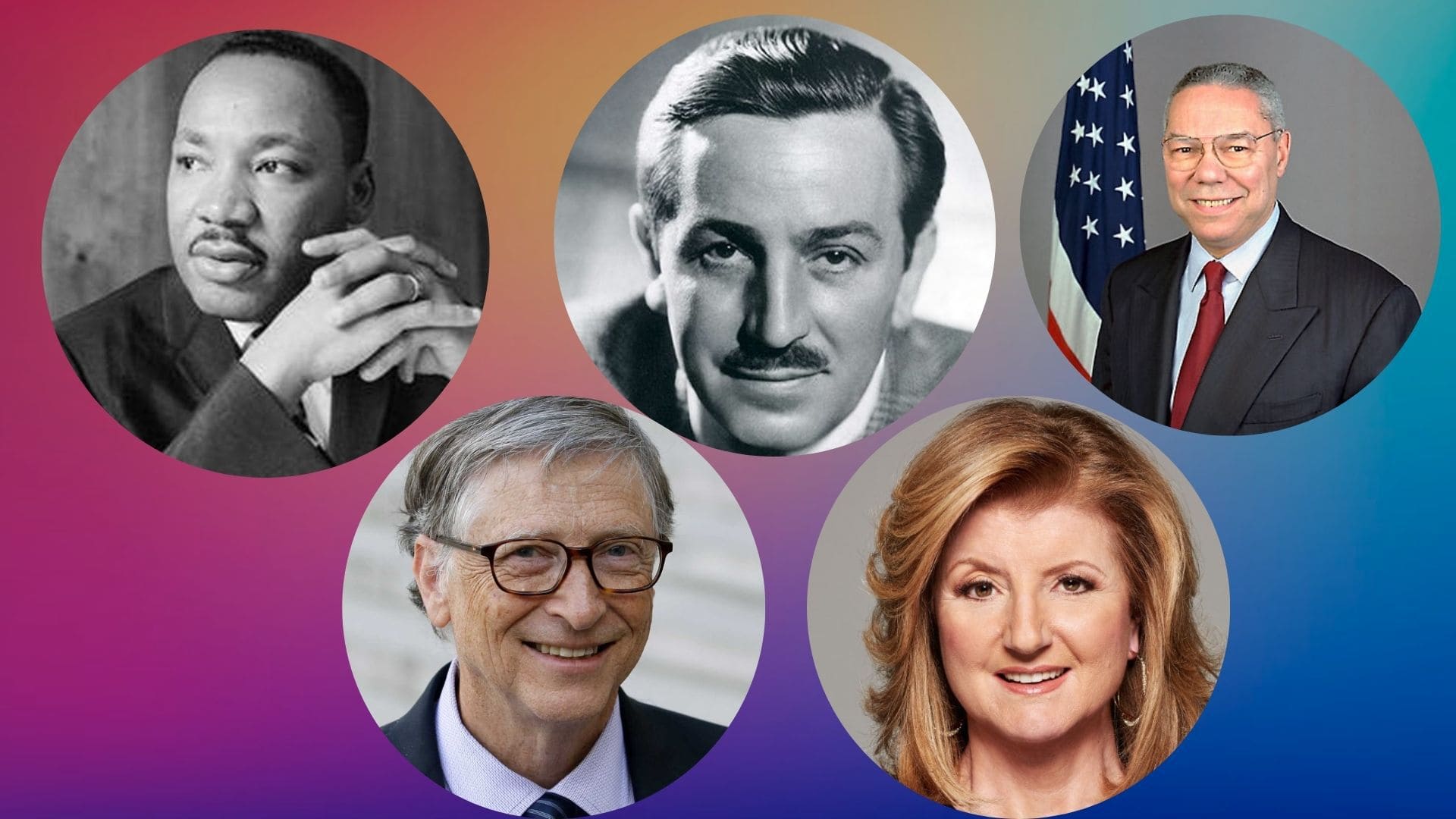
10 Essential Qualities of a Great Leader and How to Develop Them

Discover the 9 essential qualities of effective leaders and explore examples from some of the world's most successful individuals From vision to motivation, learn how to embody the characteristics of a strong leader and inspire those around you
An effective leader is characterized by their ability to lead from the front and take charge of creating a positive impact in the world. They believe in personal growth and development, while also inspiring and guiding others to do the same.
An effective leader prioritizes the well-being of the entire group over individual success. In this article, we will explore the key qualities of successful leaders and examine real-life examples of effective leadership.
Who is an Effective Leader?
A successful leader is someone who is dedicated to serving the people they lead. With training and practice, anyone can become the kind of leader that can inspire change and progress.
One key trait of effective leaders is their unwavering passion for their goals, objectives, and causes. This passion serves as the fuel that motivates and energizes their team members to achieve success.
The qualities that are needed in the journey are listed below-
9 Qualities of an Effective Leader
1. Values
An effective leader must possess values in order to truly lead. Without them, being in a leadership position is meaningless and will not bring about any positive change. While it is important for individuals to respect and value themselves, a leader must also extend this respect and value to every person they encounter. It is this difference that sets a leader apart and allows them to create real change.
2. Vision
It’s said that without vision, you are strayed from the path you desire. If the goals and what you want to have at the end of the day are opaque, you will likely fail.
To become a successful leader, it is essential to establish clear goals well in advance of their implementation. Additionally, it is important to anticipate potential obstacles and have a contingency plan in place in case things do not go according to plan.
3. Creativity
As a leader, continually generating new ideas is crucial. Old ideas eventually expire, so it's important to constantly develop fresh ones.
Create a plan for the ideas you want to explore next and keep a personal diary to record any new information or insights you come across. This approach will stimulate your mind and enhance your creative abilities.
4. Confidence and Knowledge
While confidence is important, it can easily escalate into overconfidence if not balanced with knowledge. Effective leadership does not require knowing everything about every field, but rather a willingness to continuously learn and grow in the process.
Even after there is something more for an effective leader to learn, they must keep up with confidence. Without confidence, there’s no chance for the group to trust in you.
5. Communication
If the leader is not in for any communication, who will be?
Perhaps, no one because there’s no point in it without the influence of an effective leader!
Effective communication is the cornerstone of any successful endeavor, particularly when it comes to transforming society. The leaders' words and the discussions held among team members are critical components that pave the way for progress. Without open and honest communication, there can be no meaningful action, no clear starting point, and no satisfying conclusion.
6. Organized manner
Proper organization and planning are crucial for a seamless operation. Without them, chaos is bound to ensue. A skilled leader takes charge by delegating specific tasks to each team member based on their capabilities, and pays close attention to every aspect of the project.
7. Listening
One can never be an effective leader if he denies listening to his crew. No results shall be proven effective in the phase.
Actions that are placed without the ‘yes’ of the rest of the crew members and are unfavorable to them is a bad move to take.
8. Self-assessment
A successful leader consistently evaluates their strengths and weaknesses, making it a weekly or monthly goal to identify areas where improvement is needed. This ongoing process is essential to prevent any negative impact on team members and ensure they are treated fairly.
9. Motivation
It’s usual that we humans get tired and have mental breakdowns. The time when we are in the utmost need of motivation is this.
"Lead and motivate your team by being both a leader and a friend. Your impact should be such that your team members are able to stand tall and credit you for their success. Now, let's take a look at some leadership styles of successful leaders."
Effective Leader Examples
1. Martin Luther King
He effectively employed various leadership styles to initiate and guide a movement, cementing his reputation as one of the greatest leaders of all time. His approach to leadership was multifaceted, encompassing elements of servant leadership, transformational leadership, and authoritarian leadership.
Martin Luther King was a coach and mentor. He was also the pioneer of using Charisma Leadership to win the hearts and minds of American people.
2. Walt Disney
Content:
Walt Disney, the founder of the world's most renowned entertainment company, chose to implement an inclusive and efficient leadership style throughout his career. He embraced a participative leadership approach that emphasized the importance of team members and peers' contributions. Despite this, he always retained the final say in decision-making.
3. Colin Powel
This former Secretary of State and retired general is known as an effective leader for his Situational leadership.
Such leaders do not just stick to just one leadership style; instead, they adapt as per the requirement of a situation.
4. Bill Gates
Bill Gates was known for his demanding and abrasive approach as a boss, but he was also a leader who fostered innovation and creativity. He was able to balance his authoritarian leadership style with a recognition of others' achievements, and he was not afraid to incorporate different leadership styles as necessary to promote success.
5. Arianna Huffington
When she was trying to establish her business, she opted for the pacesetter-style of leadership in which everything is done as efficiently and effectively as possible.
"We believe in creating an environment where people feel valued and supported. We encourage collaboration and open communication, and we prioritize the well-being of our employees. This approach has not only led to a more positive work environment, but it has also resulted in higher productivity and better business outcomes."
“I’m also looking for people who aren’t too reactive and easily affected by the challenges the business faces every day.”
Final Thoughts about an Effective Leader!
Effective leaders know the right kind of leadership styles as per the changing requirements.
A leader needs to earn a spot for them where they are liable never to give up.
It is important to remain resolute in one's goals, recognizing that the path to becoming an effective leader is a gradual one that requires patience and persistence.
However, once this status is attained, there is no reason to fear failure. A business or organization led by a competent and decisive leader is sure to thrive and succeed.
Now on the concluding note, we would like to have a look at your effective leader definition. So, share your views on effective leadership in the comment section below.
NEXT
Ethical Leadership
PREV
Cost Leadership
START
Leadership Hub















